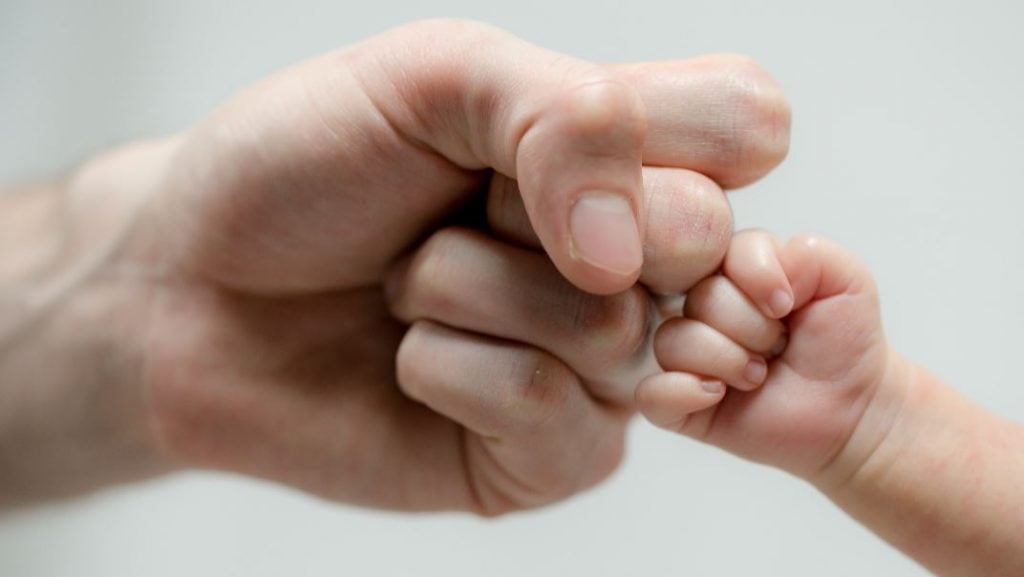Views on masculinity differ depending on many factors such as race, culture, class, place, and time. In OECD countries, such as Canada and the United Kingdom, traits traditionally seen as masculine (such as aggression and self-assuredness) are also seen as beneficial in the business world. Research suggests that these traditional views of masculinity have perpetuated bias and inequality in the economy, leading to “toxic masculinity.” Further, as we expand beyond the gender binary of male and female and push for equality among all genders, our understanding of masculinity, and its role in the economy, is shifting.
Below, we’ve curated a collection of our best research and insights on this subject.
Masculine norms keep us from gender equality
Supportive work-family policies have become increasingly more common but evidence indicates that these policies are far more likely to influence women’s behavior and preferences than men’s. This paper explores how men’s gender ideologies and their perceptions of cultural norms shape their response to supportive work-family policies. The research shows that men’s responses to these policies are shaped less by their own personal beliefs, and by their perceptions of what is accepted and expected by their male peers.
Thomas McBee on “Amateur: A True Story About What Makes a Man”
Through his experience boxing—learning to get hit, and to hit back; wrestling with the camaraderie of the gym; confronting the betrayals and strength of his own body – Thomas McBee examines the weight of male violence, the pervasiveness of gender stereotypes, and the limitations of conventional masculinity. A wide-ranging exploration of gender in our society, Amateur is ultimately a story of hope, as McBee traces a new way forward, a new kind of masculinity, inside the ring and outside of it. In this graceful, stunning, and uncompromising exploration of living, fighting, and healing, we gain insight into the stereotypes and shifting realities of masculinity today through the eyes of a new man.







